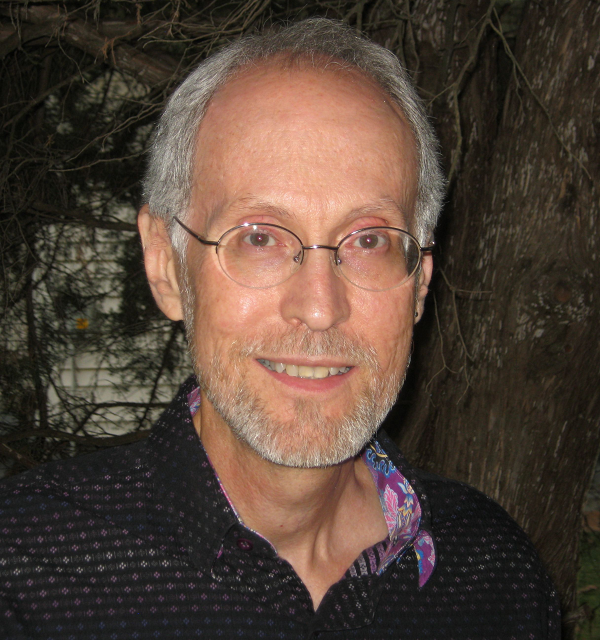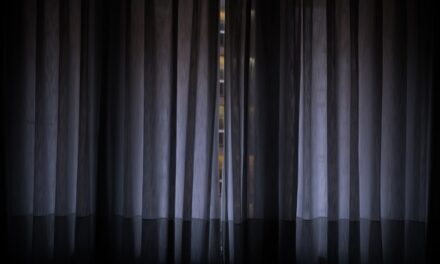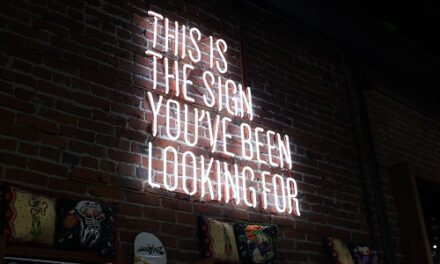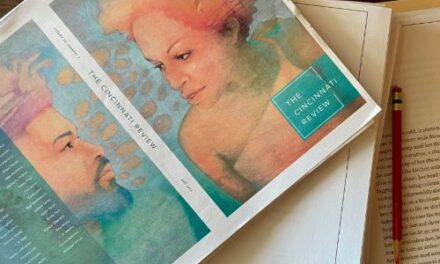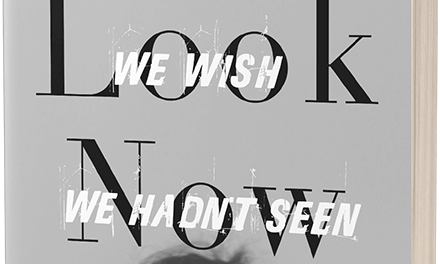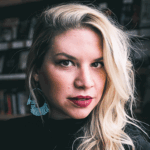We’re pleased as punch to announce the tenure of our second guest literary nonfiction editor this year (Literary Nonfiction Editor Kristen Iversen was awarded a Taft Center Fellowship for the 2018–19 academic year and is on sabbatical). Starting this week, through mid-June, Lee Martin will read submitted essays and curate our literary nonfiction section for Issue 16.2, due out in November.
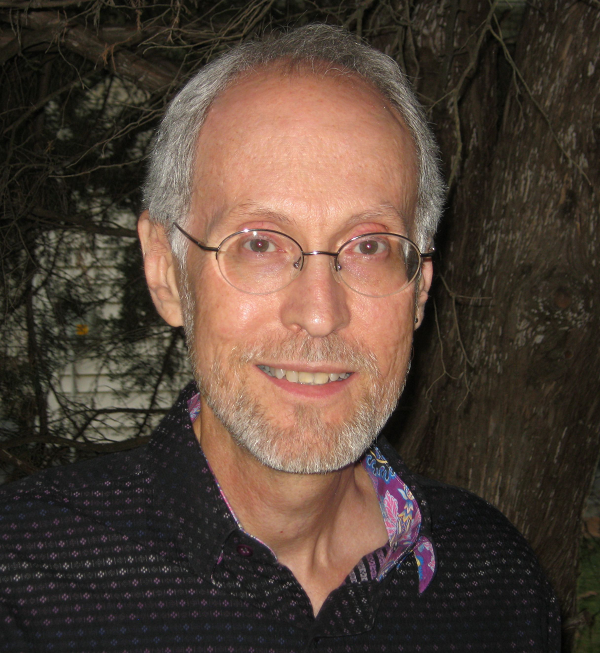
A little bit about Lee: He’s the author of five novels: The Bright Forever (Shaye Areheart, 2005), a finalist for the 2006 Pulitzer Prize in Fiction; River of Heaven (Crown/Shaye Areheart, 2008); Quakertown (Dutton, 2001); Break the Skin (Crown, 2011); and Late One Night (Dzanc, 2016). A new novel, Yours, Jean, will be out in 2020. His first book was the short-story collection, The Least You Need To Know (Sarabande, 1996), and his most recent book is another story collection, The Mutual UFO Network (Dzanc, 2018).
He has also published three memoirs, From Our House (Dutton, 2000), Turning Bones (U of Nebraska Press, 2003), and Such a Life (U of Nebraska Press, 2012), in addition to a craft book, Telling Stories: The Craft of Narrative and the Writing Life (U of Nebraska Press, 2017), and his essay “Bastards” appeared in The Best American Essays 2016. He is the co-editor of Passing the Word: Writers on Their Mentors (Sarabande, 2001). His fiction and nonfiction have appeared in such places as Harper’s, Ms., Creative Nonfiction, Georgia Review, Kenyon Review, Fourth Genre, River Teeth, Southern Review, Prairie Schooner, and Glimmer Train.
Lee is the winner of the Mary McCarthy Prize in Short Fiction and fellowships from the National Endowment for the Arts and the Ohio Arts Council. He teaches in the MFA Program at The Ohio State University, where he is a College of Arts & Sciences Distinguished Professor, and where he was also the winner of the 2006 Alumni Award for Distinguished Teaching.
Here’s what Lee had to say about what he’s looking for in a piece of literary nonfiction:
“I’m open to all essay forms, but I’ll admit a bias for pieces that have a narrative center. Even the lyric essay that relies on fragmentation, juxtaposition, and what’s left unsaid in the gaps, usually has a story to tell. No matter the form, I’m looking for essays that dive into the mysteries of what it means to be alive on this Earth, essays that take the ordinary and make it extraordinary, or take the strange and make it familiar. I’m looking for essays that contain more truth than I feel I have the right to have. Show me the contradictions within people, situations, images. Make me think about something in a way I’ve never before considered. Above all, make me feel.”
So, send us your lyric and mystery-diving essays, contradiction-exploring narrative nonfiction, and hybrid work! Please head over to our Submissions page to check out our updated guidelines.
And a special thank you to guest editor Sonja Livingston for curating the literary nonfiction in Issue 16.1, due out in May!

